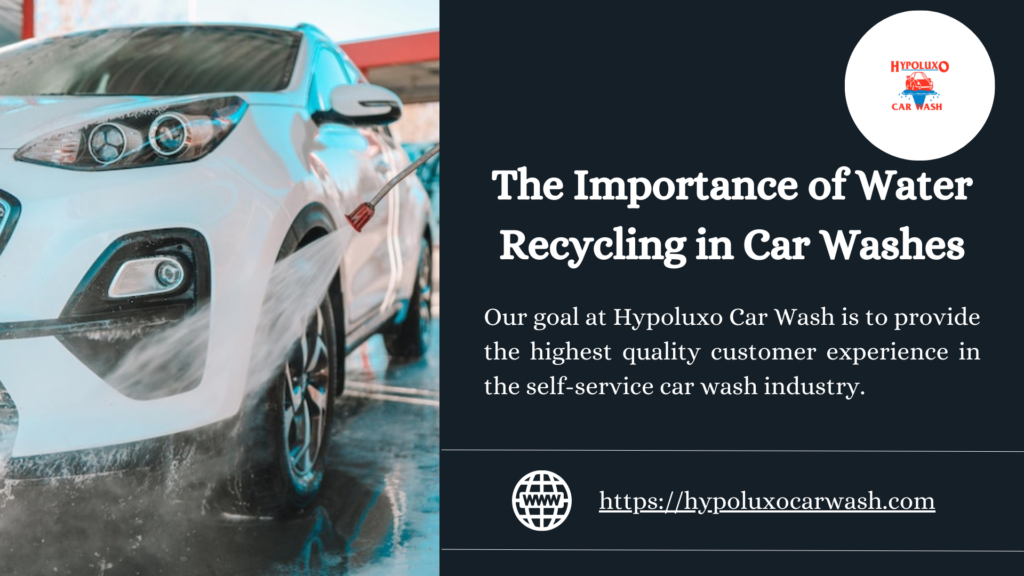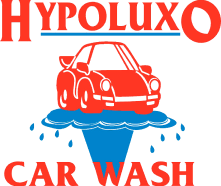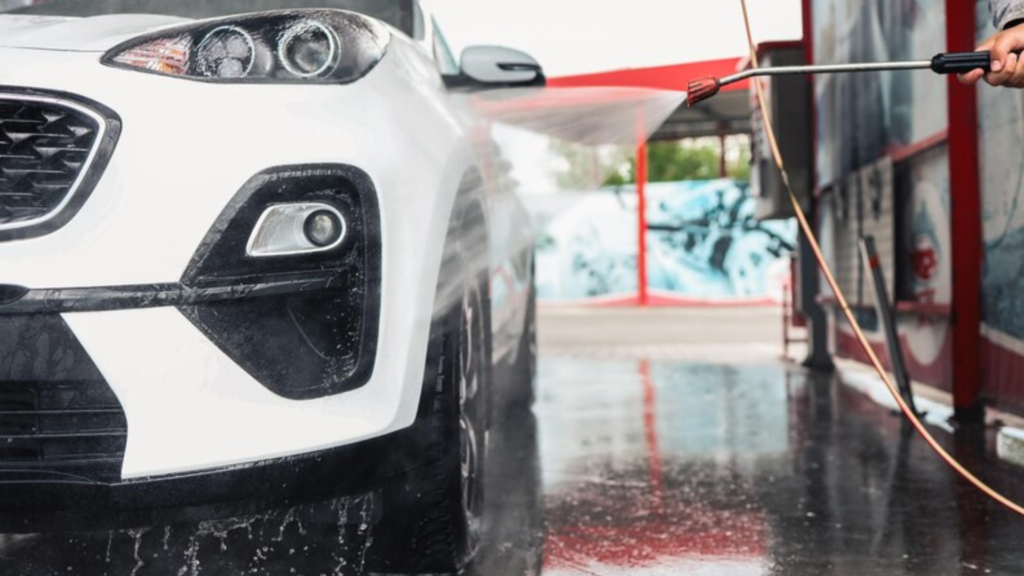In recent years, environmental consciousness has become a significant concern for businesses and individuals alike. One area where sustainability practices have gained momentum is the automotive industry, particularly in car washes. Traditional car washes consume copious amounts of water, leading to concerns about water scarcity and pollution. Car wash operators increasingly turn to water recycling methods to mitigate these issues.
Car wash services come in various forms to cater to different customer needs and budgets. These include:
a. Professional Automatic Car Wash:
Automated car washes are typically equipped with high-pressure jets, brushes, and detergents that clean vehicles efficiently and conveniently. Some car washes have integrated water recycling systems to minimize water wastage.
b. Self-Service Car Wash:
Car washes allow owners to wash their vehicles using provided equipment, such as pressure washers and soap dispensers. This option empowers customers to conserve water by using only what they need.
c. Hand Wash:
Hand car washes are usually operated by attendants who manually clean vehicles. The water usage in hand washes may vary depending on their recycling practices.
What is Car Wash Water Recycling?
Car wash water recycling involves capturing, treating, and reusing water during car washing. Instead of using fresh water for each vehicle, car washes employ a closed-loop system that filters and purifies water, making it suitable for multiple wash cycles. This approach significantly reduces water consumption and helps conserve precious resources.

Water recycling in car washes is a significant step towards environmental responsibility. Car washes can drastically reduce water consumption and environmental impact by reusing and treating water.
The Benefits of Water Recycling in Car Washes
1. Water Conservation:
Car washes can dramatically reduce their water consumption by recycling water. According to studies, a traditional conveyor car wash can consume up to 85 gallons of water per vehicle, whereas a water recycling system can reduce that usage to as little as 15 gallons per wash.
2. Environmental Protection:
Traditional car washes discharge large volumes of untreated wastewater containing contaminants like oil, grease, and harmful chemicals into local water systems, contributing to water pollution. Recycling systems prevent such pollutants from entering the environment, safeguarding aquatic ecosystems.
3. Cost Savings:
Water recycling can lead to substantial cost savings for car wash operators. Businesses can lower their utility bills and operating expenses by using less fresh water and reducing the need for wastewater disposal.
How Does Car Wash Water Recycling Work?
Car wash water recycling typically involves the following stages:
1. Collection:
The first step is to collect the runoff water from the car wash process. This water, often called “gray water,” contains dirt, soap, and debris from the vehicles.
2. Filtration:
The collected water undergoes multiple filtration stages to remove larger particles, sediment, and debris. The filtration process ensures that contaminants are eliminated before further treatment.
3. Treatment:
After filtration, the water undergoes various treatments to remove finer particles, oils, and chemical residues. Technologies such as oil-water separators and bioremediation help ensure the water’s cleanliness and safety.
4. Disinfection:
In some cases, additional disinfection methods, such as UV light or ozone treatment, are used to eliminate any remaining bacteria or microorganisms.
5. Reuse:
Once the water meets the necessary quality standards, it is stored in a holding tank to be reused for subsequent car wash cycles.
Do All Car Washes Recycle Water?
While many modern car wash facilities adopt water recycling practices, it is not a universal standard. The level of water recycling depends on various factors, including the car wash’s technology, location, and regulatory requirements.
a. Professional Automatic Car Washes:
Professional automatic car washes often have advanced water treatment systems that enable them to recycle and reuse a significant portion of their water. Some high-end facilities boast water recycling rates as high as 90%, greatly reducing their water consumption.
b. Self-Service Car Washes:
Self-service car washes may or may not have water recycling systems. The responsibility for water conservation lies with the customers, who can ensure efficient water usage by following instructions and being mindful of water wastage.
c. Hand Washes:
Hand car washes may vary significantly in their water recycling practices. Some establishments might not have recycling systems, leading to higher water consumption.
Finding Eco-Friendly Car Washes in Florida:
For environmentally-conscious car owners in Florida seeking eco-friendly car washes, it’s essential to do some research. Look for facilities that openly advertise their water recycling efforts or use eco-friendly cleaning products. Additionally, you can ask the car wash staff about their water conservation practices to make an informed choice.
Conclusion
Water recycling in car washes is an essential aspect of sustainable vehicle maintenance. Hypoluxo Car Wash is committed to providing exceptional car wash services while prioritizing environmental responsibility.
Whether you opt for a professional automatic car wash, a self-service option, or choose to wash your own car, being mindful of water usage can collectively make a positive impression on our planet.
So, when you require a car wash service in Florida that combines quality cleaning with environmentally conscious practices, look no further than Hypoluxo Car Wash. Experience the satisfaction of a spotless vehicle while knowing that you are supporting a business that takes its role in protecting the environment seriously.
Read More: Car Wash Services: Protect your Vehicle and Enhance your Driving Experience

